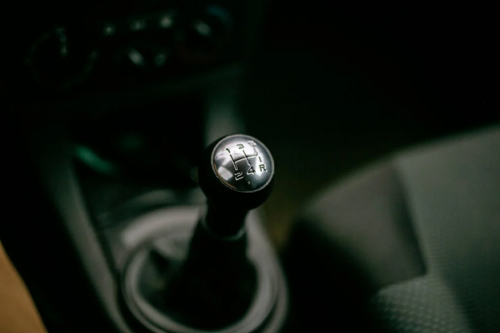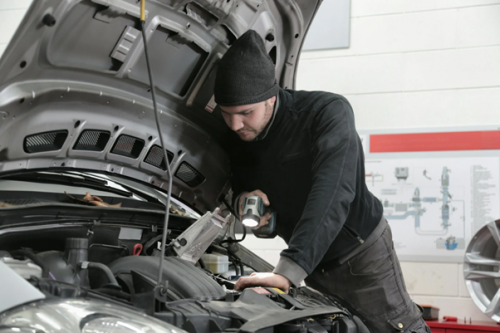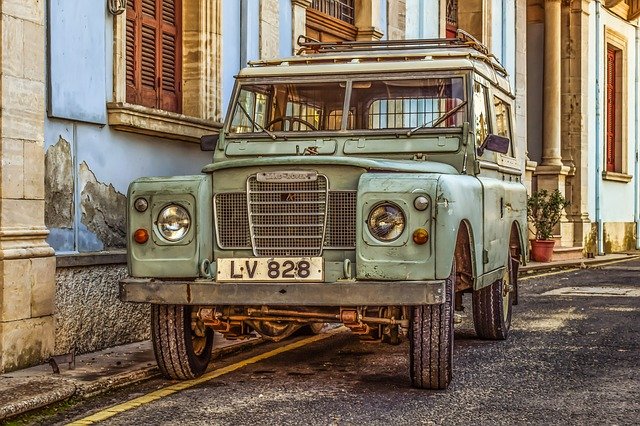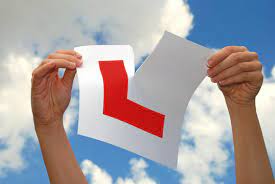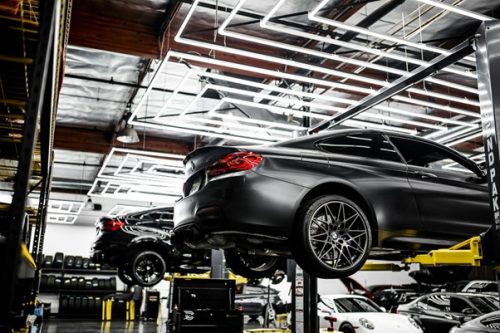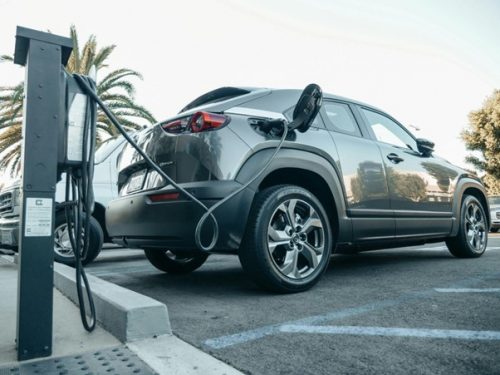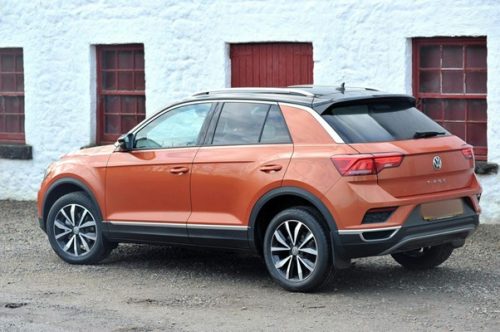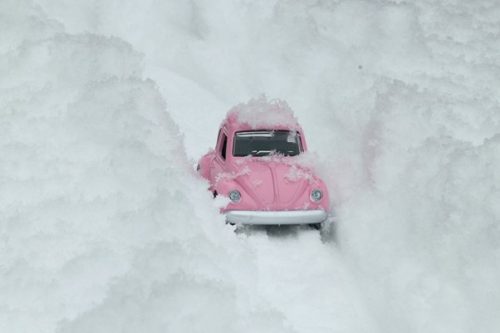
How To Stay Safe When Driving In Winter
Posted in: Car Insurance, Driving Tips.
Driving in summer is an entirely different beast to driving in winter. There are many more things to consider during the winter – and many things that you wouldn’t need to think about during the warmer, lighter summer month. This is why it’s crucial to ensure you have done all you can to stay as safe as possible when driving in winter to prevent injury or damage to your vehicle. Read on to find out what some of the things are that you can do.
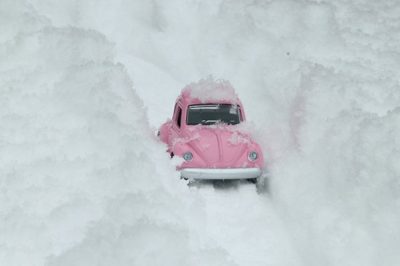
Have A Service
Although your car might not technically be due a service, and although you might not think there is anything wrong with it – at least nothing that seems to present itself when you are driving – that doesn’t mean there isn’t an underlying issue that can cause you safety problems on winter roads.
If there are any such issues and they aren’t addressed, you might find your car is more prone to breaking down once the temperatures drop. Not only is this going to cost you time and money, but no one wants to have to wait by the side of the road or trudge to the nearest petrol station when the weather is biting cold.
By taking your car in for a service when the weather begins to change, you can ensure none of these problems occur. Even if there is nothing that needs doing, a tune-up before the bad weather starts can make the difference in fuel consumption or even road handling (which, in wet, potentially icy weather is vital).
Check Your Car
If you are the kind of driver who happily hops into their car and starts driving without performing any checks, you’re certainly not alone. Most people will simply rely on their vehicle to get them from A to B and not give a thought to what might be happening under the bonnet.
In the summer, this might not be such an issue, but it’s a habit that you will need to get out of in the winter. Performing regular checks on your car, and specifically before you start a long journey, means that you can be much safer when you’re out and about. These checks can easily be remembered by using the word FORCES. This stands for fuel, oil, rubber (as in your tyres), coolant, electrics, and screen (which relates to screenwash). Check all of these things as a matter of course and you shouldn’t have too many problems, especially if you are planning to take a long journey.
Have An Emergency Kit In The Car
No matter how careful you might be, that doesn’t mean an accident won’t still happen, or a breakdown might still occur. After all, if everyone drove carefully, there would be no need for insurance or lawyers who specialise in handling cases involving all types of broken bones because nothing would ever go wrong.
The truth is, although you can – for the most part – control your own vehicle and your own driving behaviour, that doesn’t mean you can control anyone else’s. It doesn’t mean you can control a freak issue with your engine. It doesn’t mean you can control the weather.
With this in mind, it’s a good idea to have an emergency kit in your car. Hopefully, you’ll never have to use it, but if something went wrong and you couldn’t get help right away, this kit could make a huge difference. It could even be the difference between life and death.
Your emergency kit should include:
- Hand warmers
- An energy bar or chocolate
- Water (you may also want to include a flask of hot coffee or tea)
- A torch
- A blanket
- A first aid kit
- Spare clothes (specifically gloves, hat, scarf, and a coat in case you need to walk)
- A shovel (look for folding shovels to minimise the space you’ll need)
- Jump leads
Allow More Time
Finally, your vehicle can be in the best condition, and you can be a great driver, but winter roads are different to summer ones, and no matter how well you know the route you’re taking or how long you think it should take to drive it, always allow more time.
If the roads are wet or icy, you’ll need to drive more slowly to stay safe, and it’s far better to leave earlier and drive slower than it is to try to drive as you would in the summer and have an accident because of it.
If the weather is very bad, you may need to stay home and try your journey again on a different day. There is no point in putting your life at risk, or the lives of other road users, come to that, when you can postpone whatever it is you need to go out for.
Tags: How To Stay Safe When Driving In Winter





